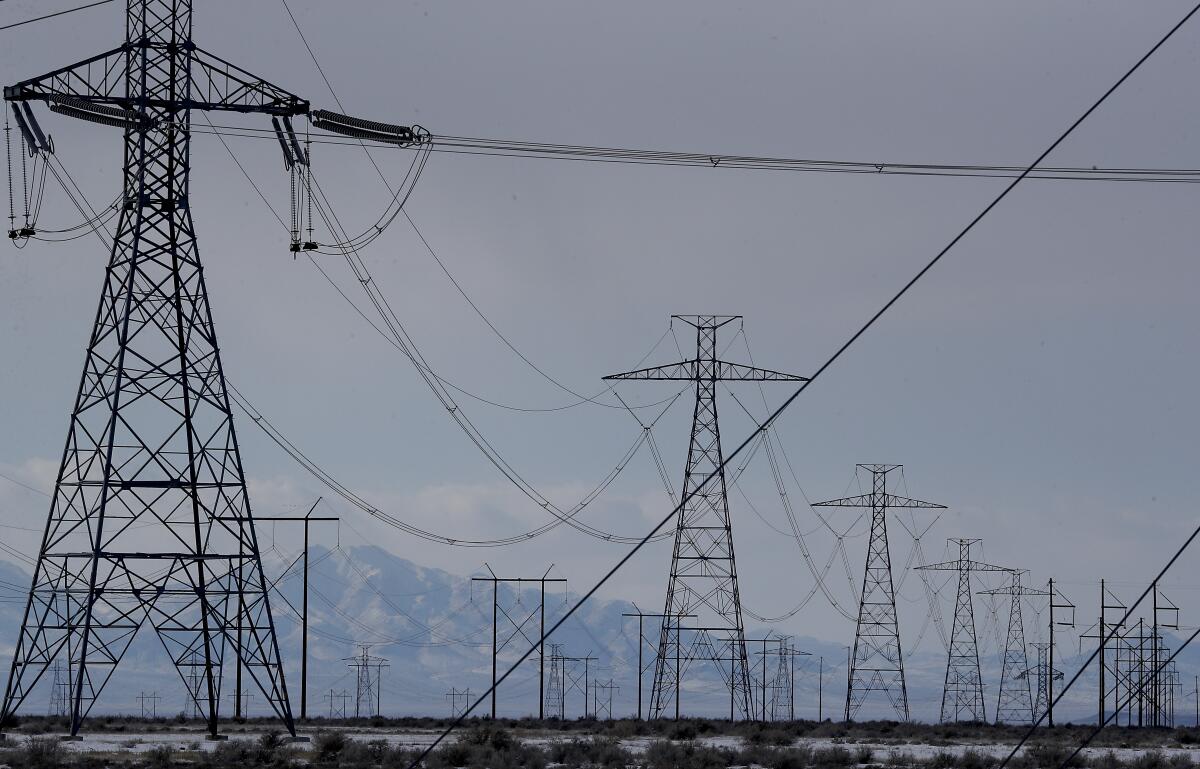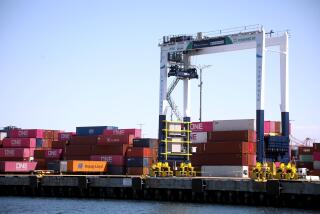Letters to the Editor: Why L.A.’s idea of hydrogen-fueled power plants is a pipe dream

To the editor: Using hydrogen to power electrical generation plants is the craziest proposal I’ve seen in a while.
The article explains that we get hyrdogen as a fuel source by breaking water molecules in a process called hydrolysis. But hydrolysis consumes electricity. We’re told that renewables will be used to generate the electricity needed for hydrolysis. In other words, the process starts with electricity and ends with electricity.
Furthermore, hydrogen is a very light gas, so unless it is highly compressed, you need an enormous vessel or pipeline to deliver the needed energy. Cars designed to run on hydrogen use very high-pressure tanks, and there is another big energy loss in compressing the hydrogen that is not recovered in expending it.
There are a few applications for hydrogen as a fuel, such as rocket boosters for launching space probes, but it’s not an energy source because you have to use more energy to make it than you can get by burning it. And it’s not practical as a medium of energy transport because it is so low density. Using it to run a power plant is just crazy.
Brent Meeker, Camarillo
..
To the editor: The Los Angeles Department of Water and Power’s proposed transition to renewable hydrogen isn’t the only project like that in Utah.
The Utah Advanced Clean Energy Storage Project, announced earlier this year, will produce enough power for 150,000 households using several energy storage techniques, including hydrogen.
Keith Malone, Los Angeles
The writer is spokesman for the California Fuel Cell Partnership.
..
To the editor: Using electricity to produce hydrogen via electrolysis, storing and transporting the hydrogen and burning the hydrogen to produce steam to power turbines that drive electrical generators is a very inefficient process.
Power plants burning fuel have an efficiency of less than 50%. Only a small portion of the electrical energy to produce the hydrogen gets converted back to electrical energy.
There are much more efficient ways to store electrical energy, such as lithium batteries.
Stephen Hulsey, Los Angeles
More to Read
A cure for the common opinion
Get thought-provoking perspectives with our weekly newsletter.
You may occasionally receive promotional content from the Los Angeles Times.










